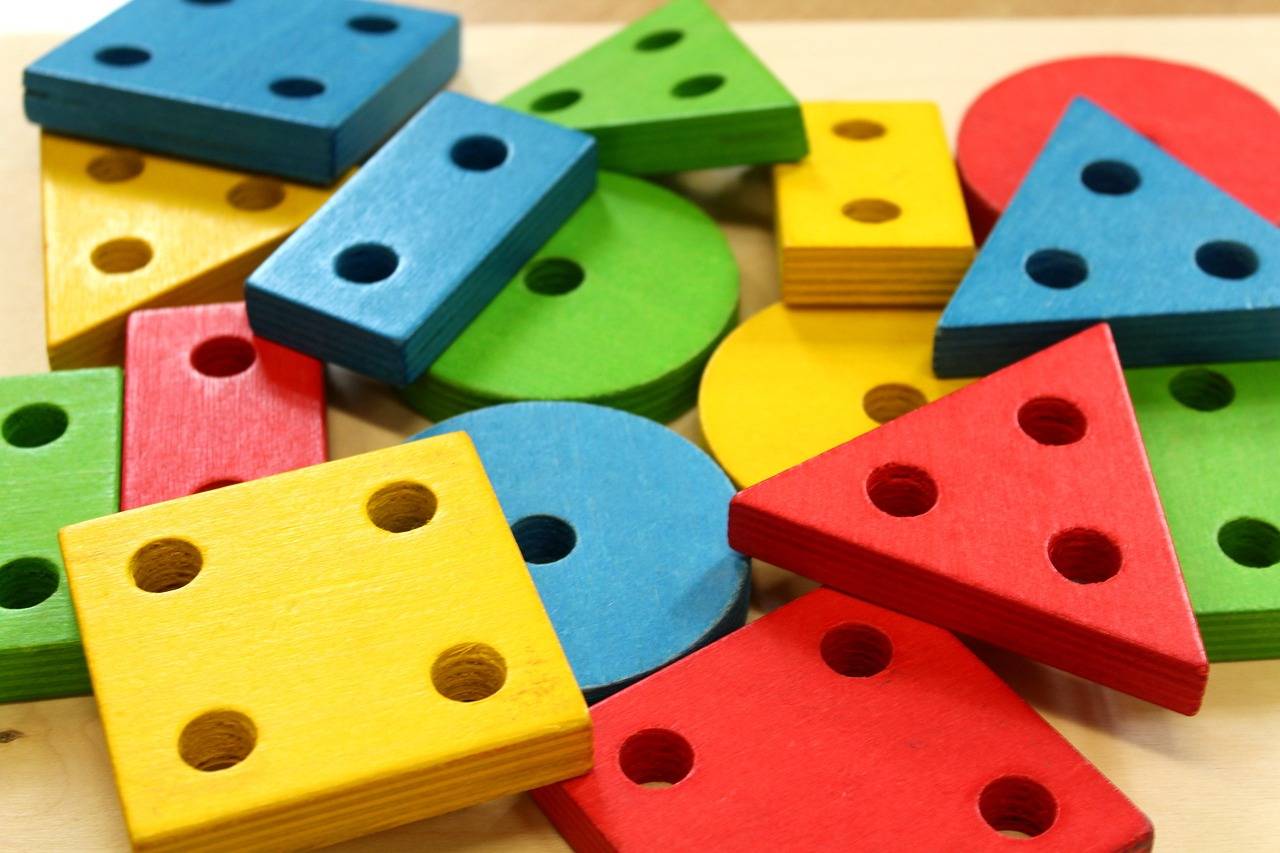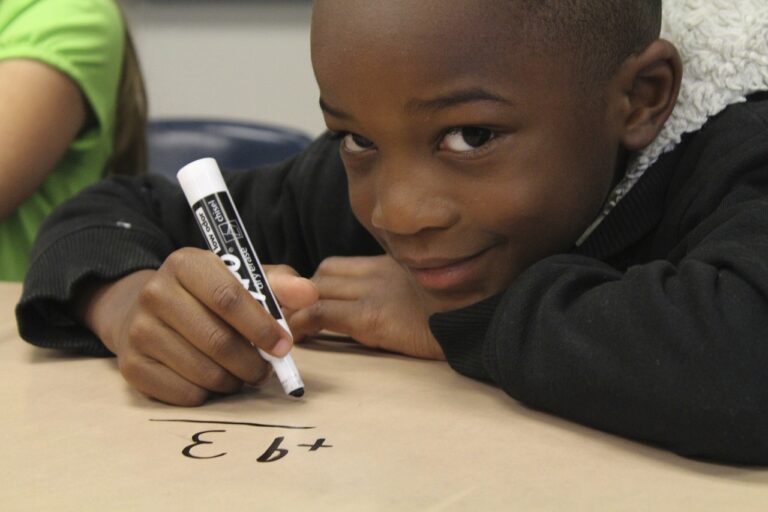Promoting Career Readiness Skills in Secondary Education
In today’s competitive job market, possessing a strong set of key skills is essential for career readiness. One crucial skill is effective communication, which includes both verbal and written communication. Being able to convey ideas clearly and concisely is highly valued by employers across all industries.
Another important skill for career readiness is adaptability. The ability to quickly adjust to new situations, learn new technologies, and work well in diverse environments is key in today’s rapidly changing workplace. Employers are looking for individuals who can easily navigate through challenges and embrace change with a positive attitude.
Importance of Career Readiness Skills in Secondary Education
In today’s competitive job market, having strong career readiness skills is essential for success. These skills go beyond academic knowledge and include critical thinking, communication, teamwork, and problem-solving abilities. By focusing on developing these skills during secondary education, students are better prepared to enter the workforce or pursue higher education.
Secondary education is a crucial time for students to begin honing their career readiness skills. By providing opportunities for hands-on learning, internships, and career exploration activities, schools can help students understand the expectations of the workplace and develop the skills needed to succeed in their future careers. Encouraging students to develop these skills early on can empower them to make informed choices about their future and enhance their employability prospects.
What are some key skills for career readiness?
Some key skills for career readiness include communication skills, problem-solving abilities, critical thinking, teamwork, adaptability, and technological proficiency.
Why are career readiness skills important in secondary education?
Career readiness skills are important in secondary education as they help students develop the necessary competencies to succeed in the workforce. These skills not only prepare students for their future careers but also help them navigate the complexities of the modern workplace.
How can students develop career readiness skills in secondary education?
Students can develop career readiness skills in secondary education through experiential learning opportunities, career exploration programs, mentorship opportunities, internships, and workshops focused on building key skills like communication and critical thinking.
Are career readiness skills only important for students intending to enter the workforce immediately after secondary education?
No, career readiness skills are important for all students, regardless of their immediate post-secondary plans. These skills are transferable and applicable in various educational and professional settings, helping students succeed in any path they choose to pursue.





